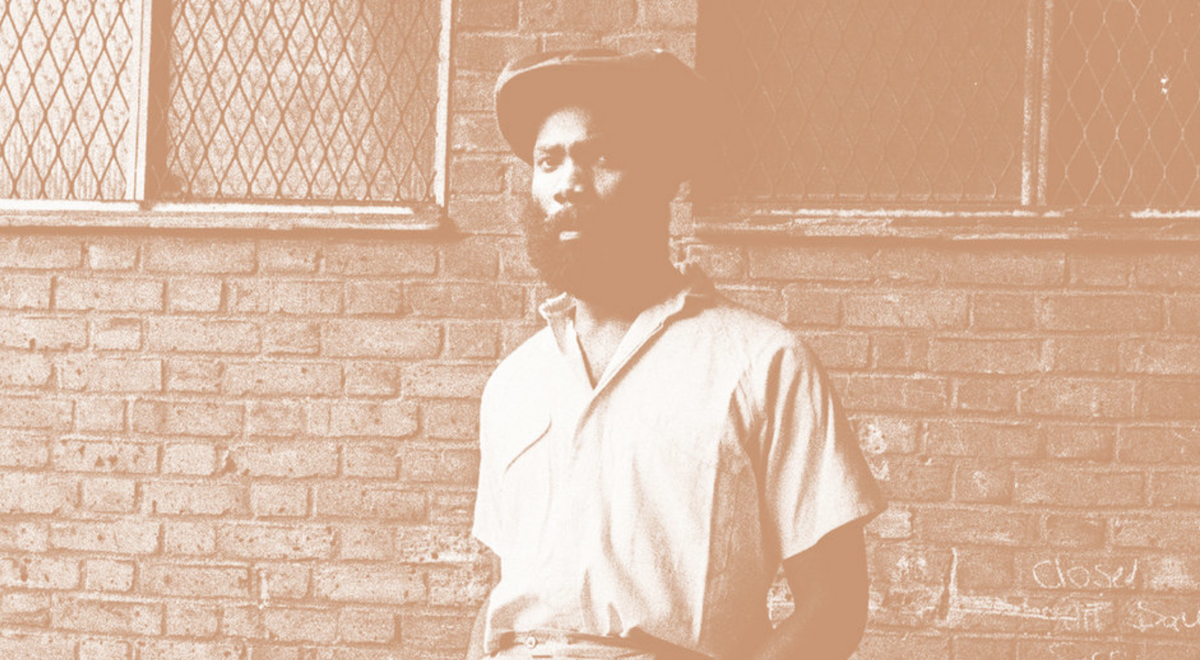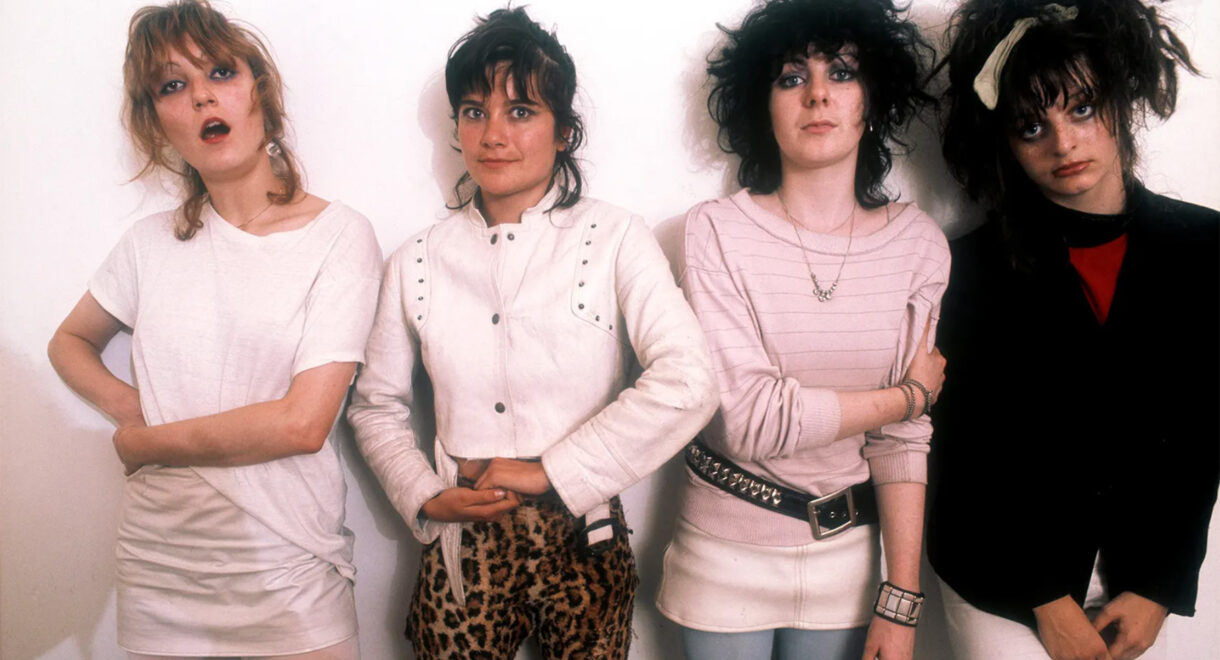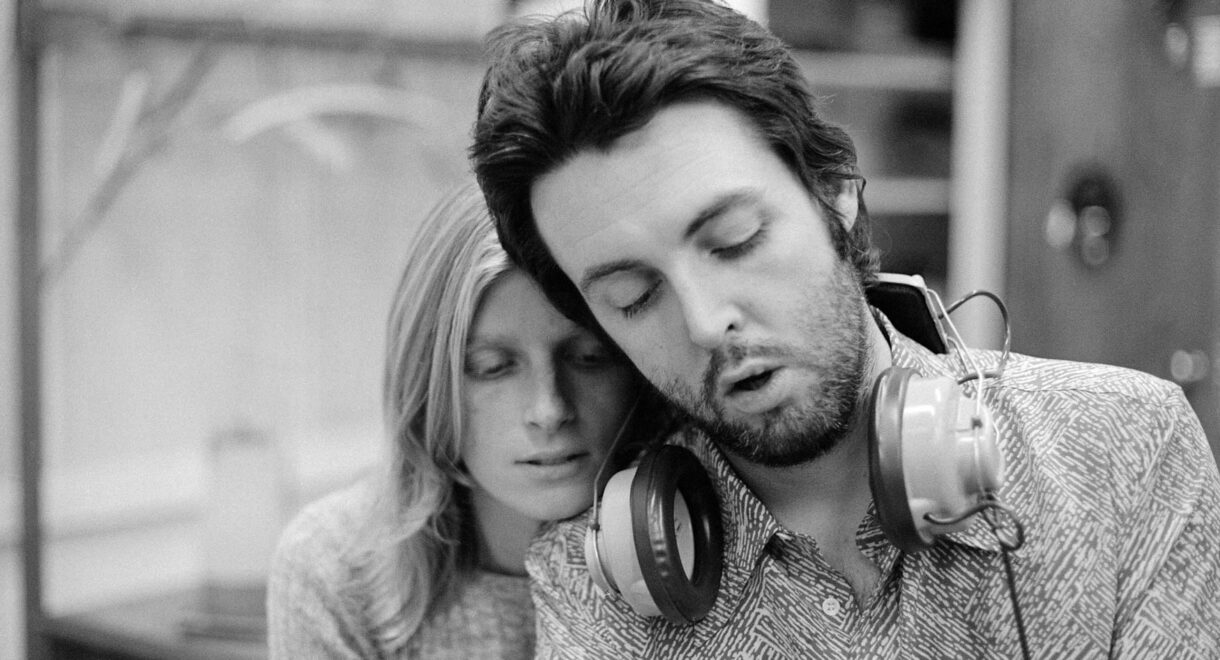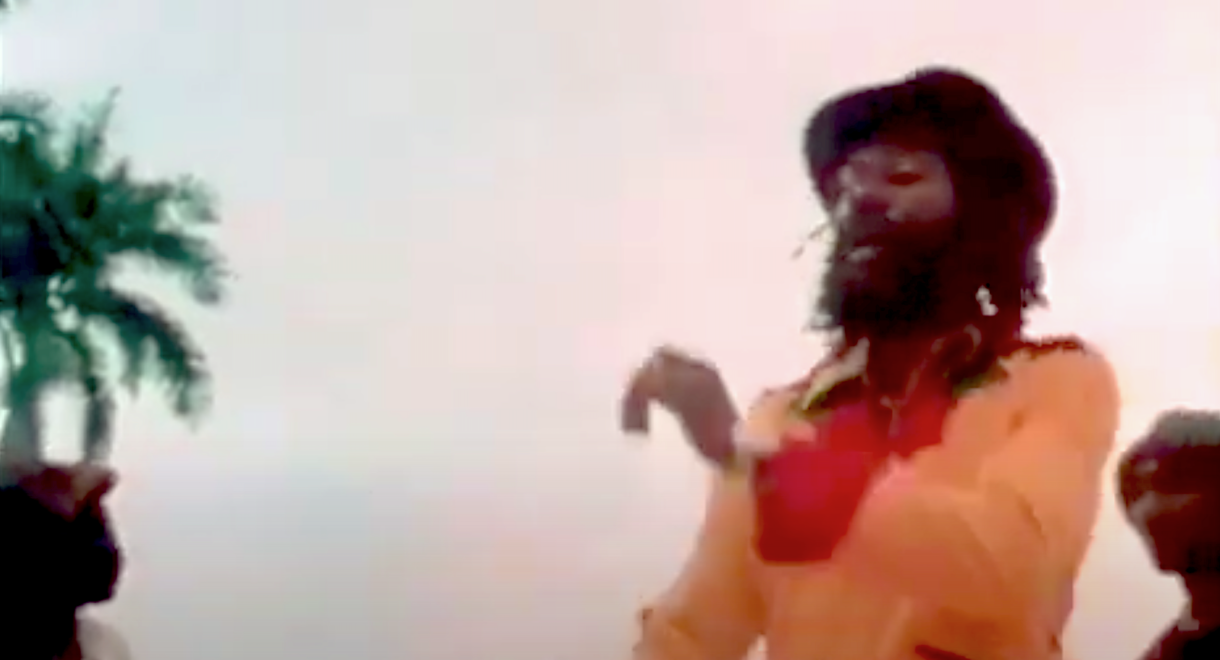Spend an evening with us at Only the Wild Ones as we play lovers rock classics, versions, and favorites. Lovers rock emerged in mid-1970s London as a distinctly […]
How Jimmy Cliff and ‘The Harder They Come’ Turned a Film Into a Movement
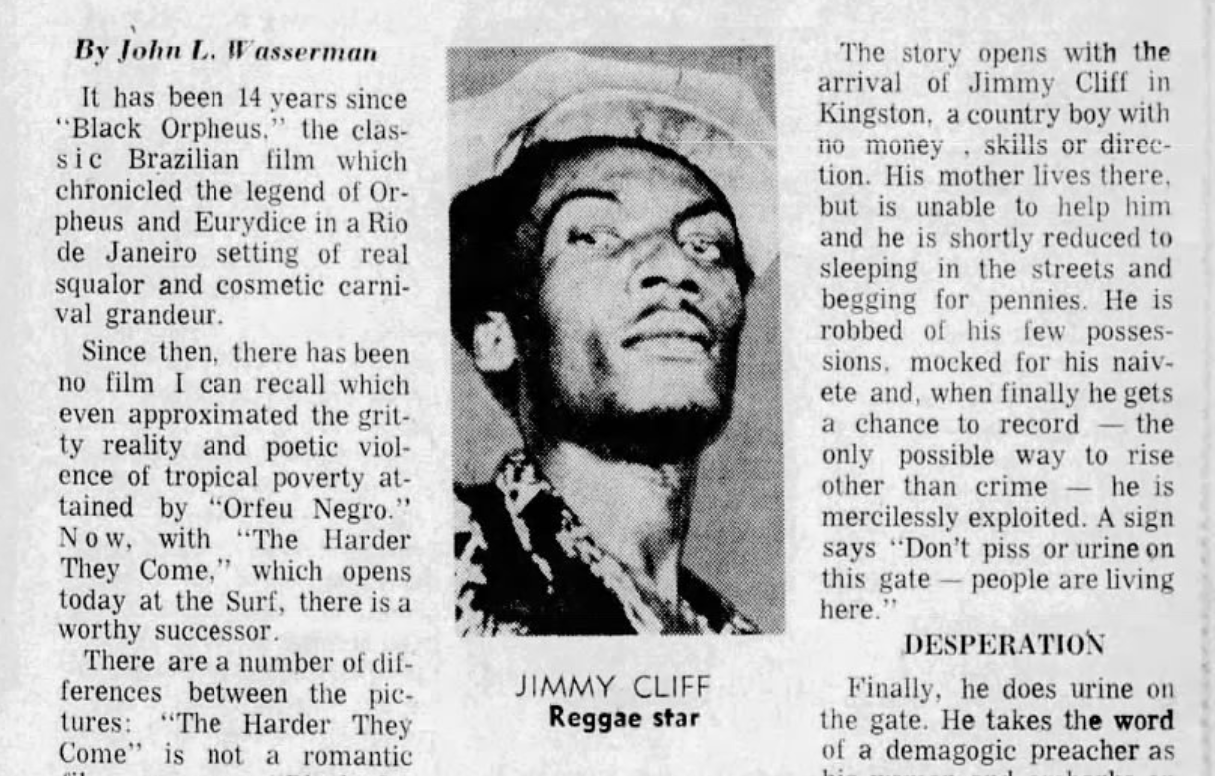
Cliff’s breakout performance helped ignite global attention, yet it was the full soundtrack — Toots and the Maytals, The Melodians, The Slickers, Dekker — that turned one movie into a cultural shift.
Jimmy Cliff reached 81, but the character he played in The Harder They Come never got that far. Ivan’s story burned fast. Cliff, who died Monday, carried the music further.
And one of the strongest vehicles for that legacy remains the soundtrack — a record that didn’t just support the film but broadcast Jamaica to listeners who had never encountered it. Toots and the Maytals, The Slickers, The Melodians, Desmond Dekker and Cliff shared a single LP that moved like transmission. Before reggae became commerce or cultural export, this album carried Kingston outward, one system at a time.
Cliff understood why it landed. Speaking to Grammy.com, he said, “The Harder They Come put the audio together with the visuals of where the music comes from, the people who make it, it showed the music’s identity.” The film gave context. The album gave proof. Jamaica wasn’t translated for outsiders (Paul Simon, Eric Clapton and other musical carpetbaggers would go on to do that). It was presented as-is.
That began in the studio. At Dynamic Sound he recorded The Harder They Come with Gladstone Anderson on piano, Winston Wright on organ, Winston Grennan on drums, Linford Hux Brown and Ranny Bop Williams on guitar, and Jackie Jackson on bass with Leslie Kong at the controls. Cliff in a blue shirt with a yellow six point star, cigarette at his fingertips, leaning into the groove like it pulled him forward, his eyes pointed toward the heavens.
The film arrived in 1972, directed by Perry Henzell — the first Jamaican to make a feature. It showed Kingston as Kingston, minus the gloss. In the same Grammy.com interview, his daughter Justine Henzell recalled, “When Perry did The Harder They Come, no one understood Jamaican English, nobody understood reggae or knew what Jamaica really was like.” Instead of adjusting, he trusted the truth. “Because it was so authentically Jamaican, he found a sweet spot between being culturally specific and universally accessible,” she said.
But none of this hinged on Cliff alone. The soundtrack functioned as a collective map. Toots and the Maytals charging “Sweet and Dandy” and the masterful “Pressure Drop.” The Slickers carving “Johnny Too Bad” like a knife into flesh. The Melodians giving “Rivers of Babylon” devotion and ache. Dekker marking rude boy lineage with 007. Cliff threading his own sequence — “The Harder They Come,” “Sitting in Limbo,” “You Can Get It If You Really Want,” “Many Rivers to Cross.” One album, many transmitters.
Cliff recognized how it aligned with the political moment. “My character Ivan was a rebel and back then, in universities in America and in England, the youths were rebellious, too,” he said. “So the movie and the music came at the right time and had a huge impact, it opened up the international market.”
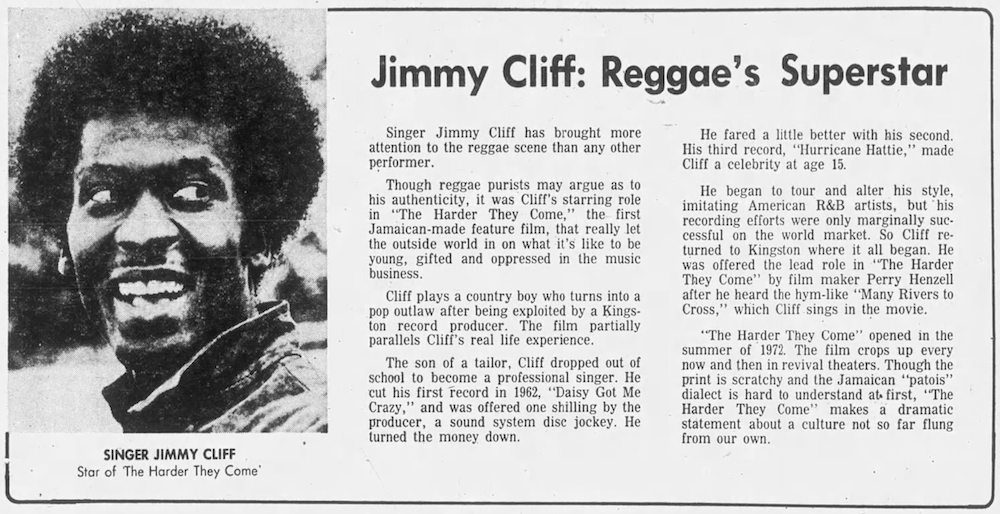
Chris Blackwell, in Wax Poetics, traced the earlier arc. He heard Cliff in 1962 on “Miss Jamaica,” met him at the 1964 World’s Fair and urged him toward London where Jamaican audiences and circuits existed. Cliff worked across Europe, even playing with musicians who later formed Mott the Hoople. Infrastructure formed before ignition.
Then New York lit the fuse. At Manhattan’s Elgin Theatre, The Harder They Come ran at midnight for 80 straight weekends — reported by Grammy.com. Viewers left the screening and bought the soundtrack. They played it for someone else. Reggae crossed borders the way music always does: slowly, then permanently.
Cliff did not carry the album alone. He widened the road it traveled. Toots. The Melodians. The Slickers. Dekker. Cliff. One soundtrack, still broadcasting Jamaica into rooms it was never expected to reach.
It still travels.
Here’s Jerry Garcia’s take.




